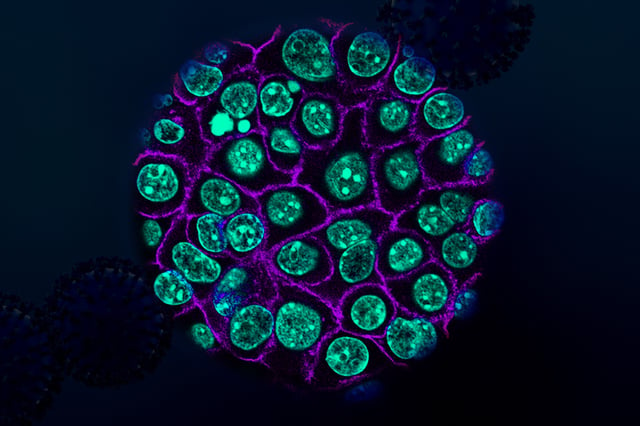Overview
- Researchers discovered approximately 500 cryptic peptides uniquely expressed in pancreatic tumors, offering potential targets for immunotherapy.
- Cryptic peptides, derived from non-coding genomic regions, were identified using immunopeptidomics and organoid models from patient samples.
- Engineered T cells targeting these peptides significantly slowed tumor growth in mice and destroyed pancreatic tumor organoids in vitro.
- This research marks the first demonstration of T cells effectively targeting cryptic peptides in pancreatic cancer, a notoriously treatment-resistant malignancy.
- Efforts are underway to develop vaccines and other therapies based on these findings, though human trials remain several years away.
